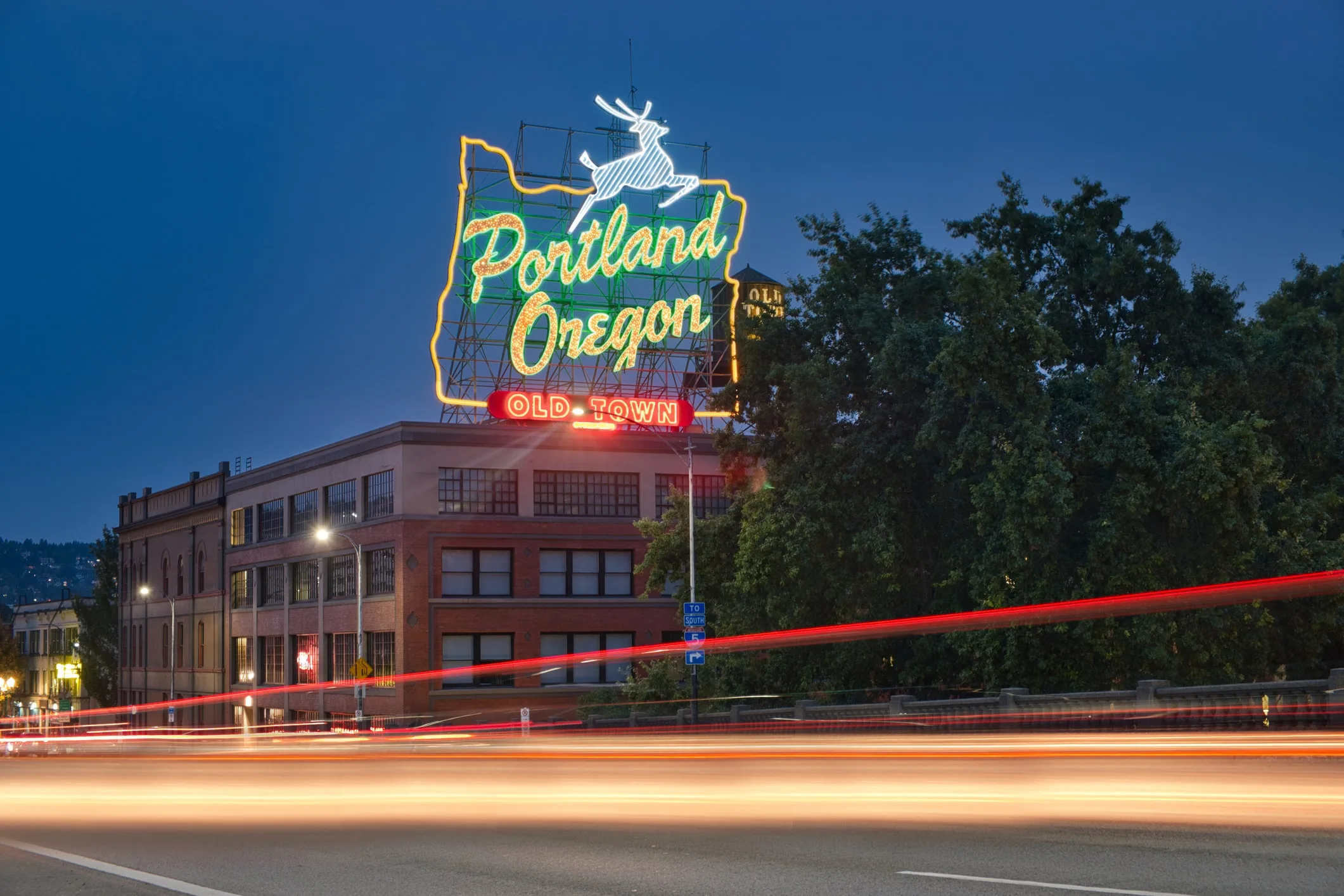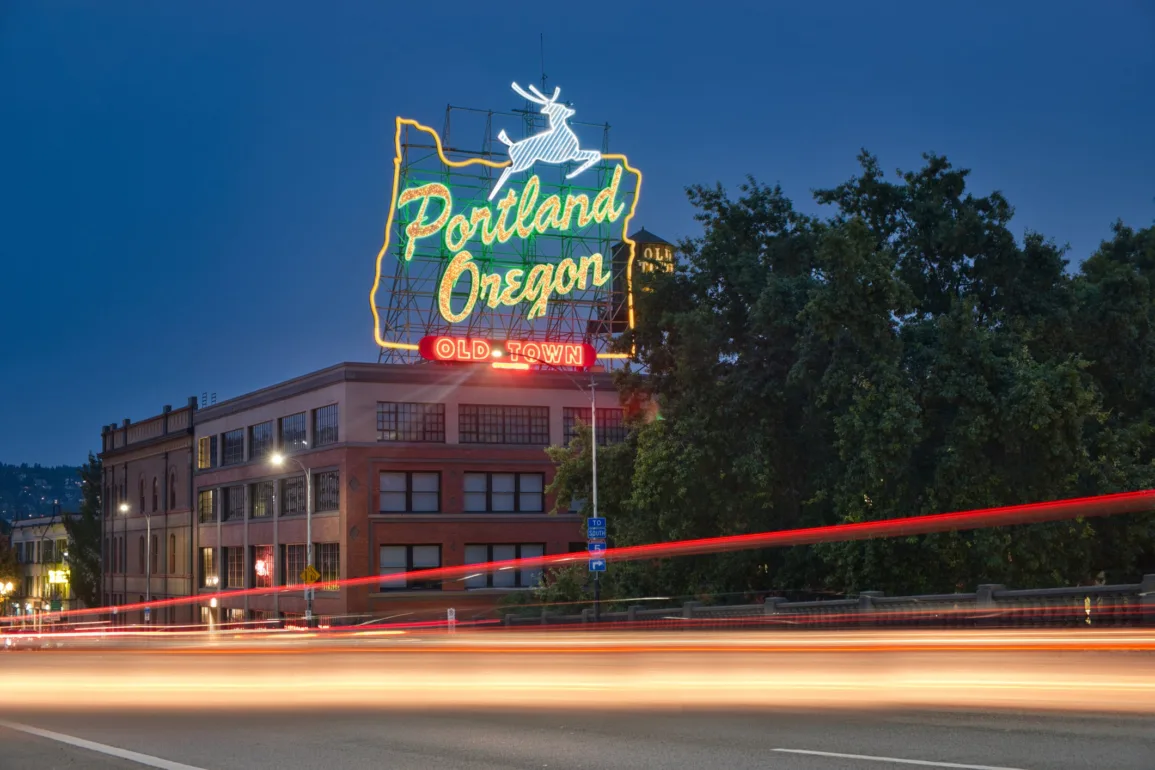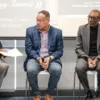
Albina is a neighborhood in North Portland, Oregon that was once home to a flourishing Black community. A new organization, the 1803 Fund, and their inaugural project, Rebuild Albina, is aiming to ensure that the Black town thrives again.
Earlier this year, Nike founder Phil Knight pledged a $400 million investment in the “Albina neighborhood, specifically to help Black Portlanders.” This gift was the inception of the 1803 Fund, so named for the year that York, an enslaved African American “was directed to join the Lewis and Clark Expedition.”
Oregon has a complicated history, fraught with racial tension since the state’s formation. Originally, the state constitution of Oregon contained an “‘exclusion law,’ which prohibited Black people from entering or residing in the state…[and] the exclusion clause remained in the constitution until 1926.” During the World War II era, many Black workers moved their families to the Albina area of Portland, the only Black neighborhood where they were allowed to live at that time.
After the war, “a thriving Black community and business district emerged in Albina…Black-owned businesses, community centers, houses of worship, arts and cultural spaces, and so much more were the foundation of the Black Albina community.”
But in the 1970s, a bustling district that was once 80% Black would go on to be destroyed by “‘urban renewal’ projects [that]…displaced hundreds of Black families and businesses and led to the dismantling of the Albina community.” After a series of economic downturns combined with predatory bank loan practices, Albina was no longer majority-Black.
Rukaiyah Adams, CEO of the 1803 Fund and fourth generation Portlander, is “already working to get the 1803 Fund to grow over $1 billion.”
“Living in a place like Portland, I’m very proximate to people in this community,” Adams stated, “[from] the folks who live in multi-family housing that we might own to the people who will be affected by natural resource allocations that investors make.”
“I think it would mean more for me to do what was right by the public good and to make money at the same time,” she added.
Adams plans to focus on real assets and growing the Fund initially. “If we can grow larger than I expected, then I think we will take on a more conventional endowment approach to the assets.
Community activists are hopeful that the Fund can “reverse a legacy of forced displacement in the name of urban renewal, the city-sponsored razing of a neighborhood and commercial district in order to build a freeway, a sports arena and a hospital campus.”
“It’s an investment in hope…The situation is so dire, so tragic, all of us on the front line from time to time have crises of confidence,” stated the president and CEO of the nonprofit Volunteers of America Oregon Kay Toran.
Ron Herndon, an 1803 Fund board member, echoed Toran’s sentiments. “I think it’s an opportunity to try to address some of the longstanding ills that fostered on the Black community. It’s an opportunity if we manage this correctly.”
“Black people have always been central to Portland’s economic success, but have rarely had access to the benefits and advantages that enable wealth creation and collective wellbeing,” continued Herndon, “The Rebuild Albina project hopes to change that trajectory.”



